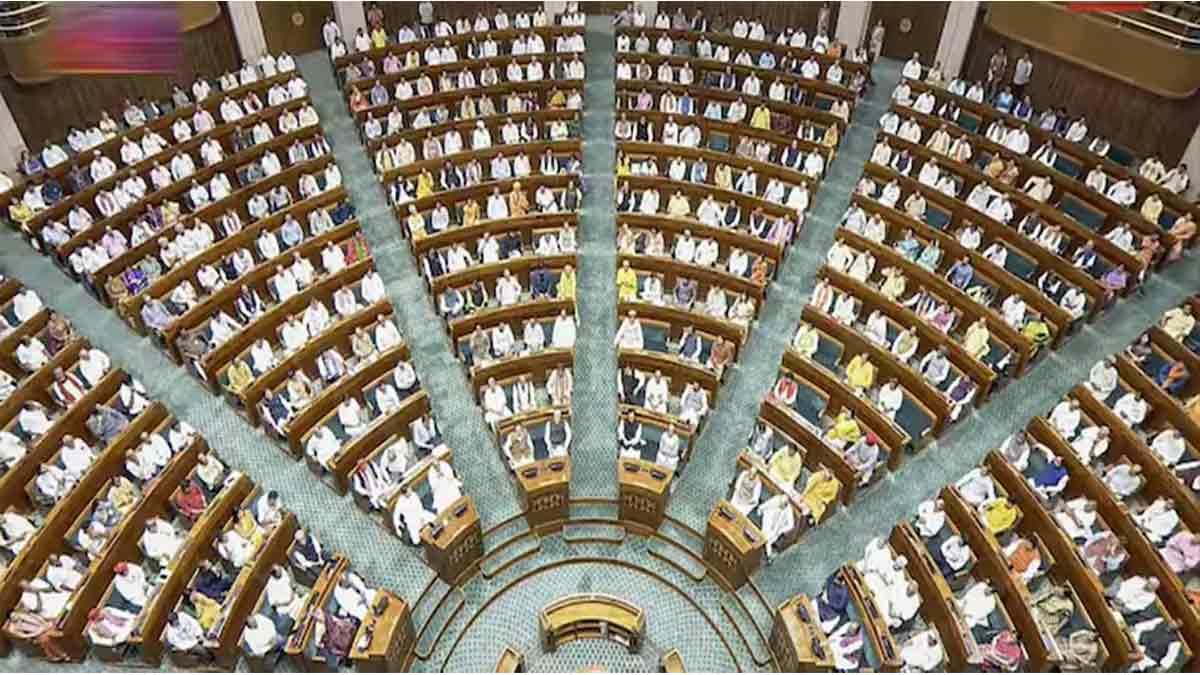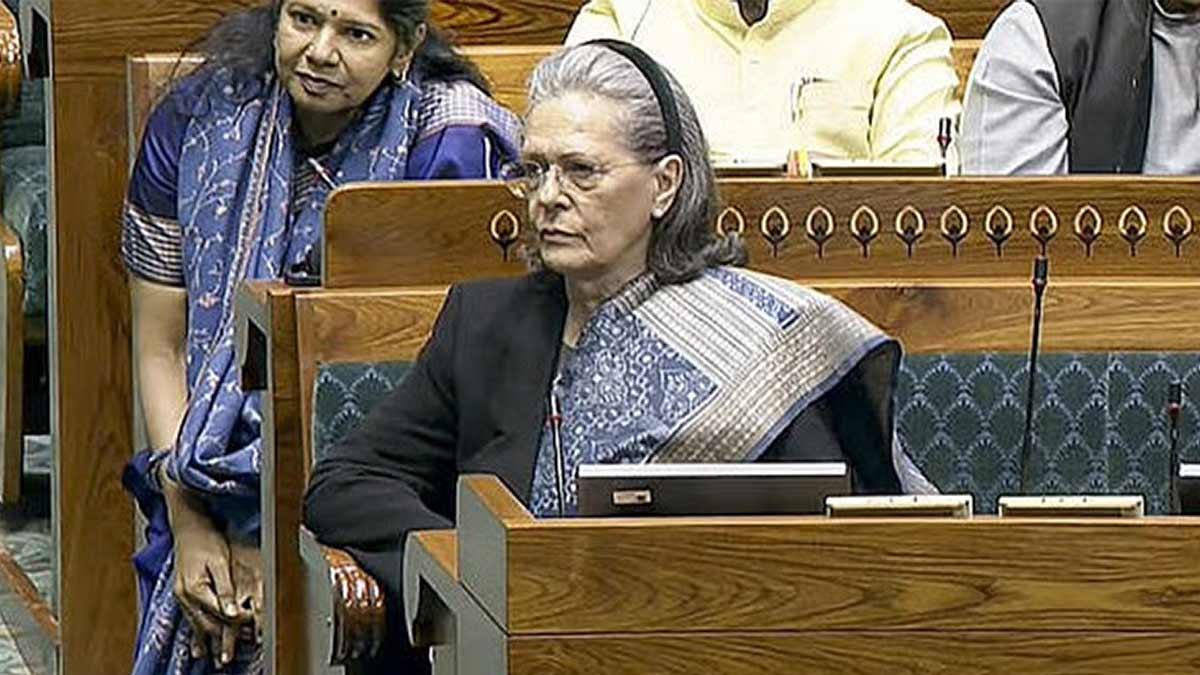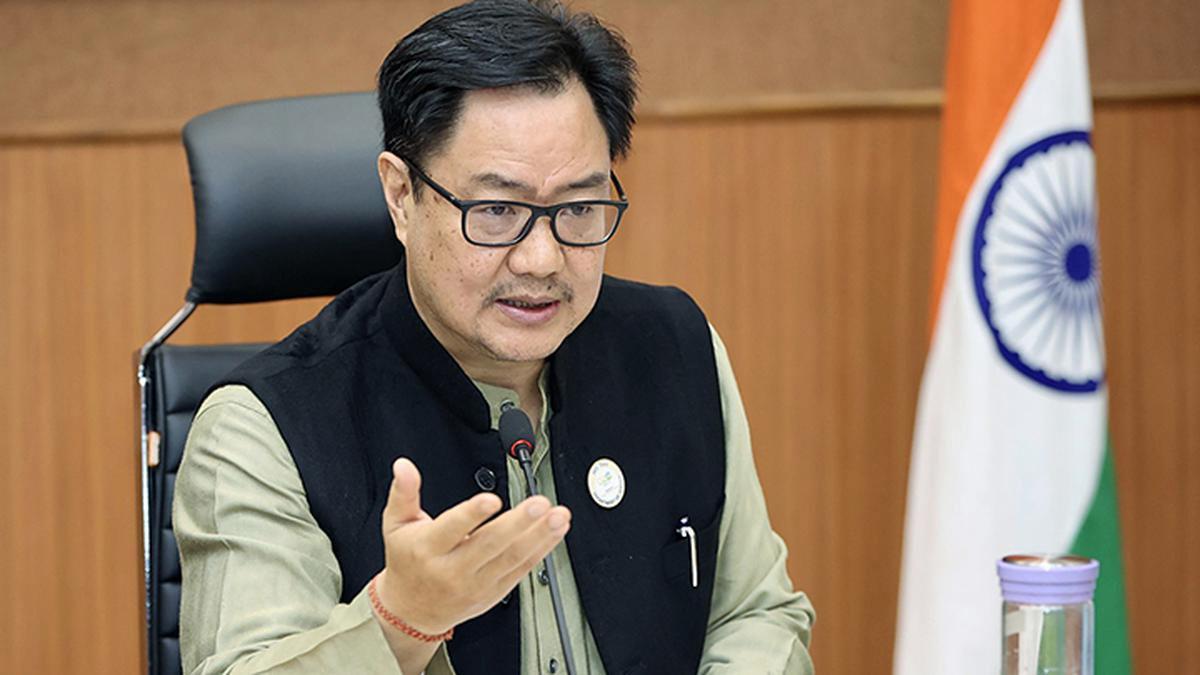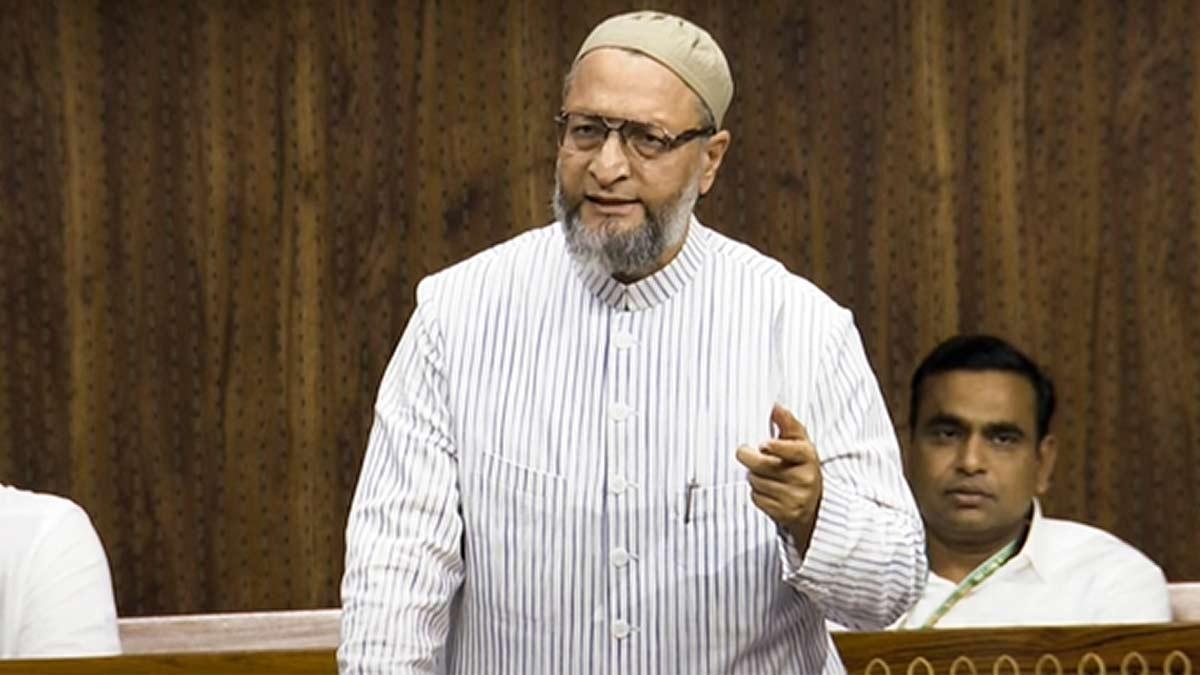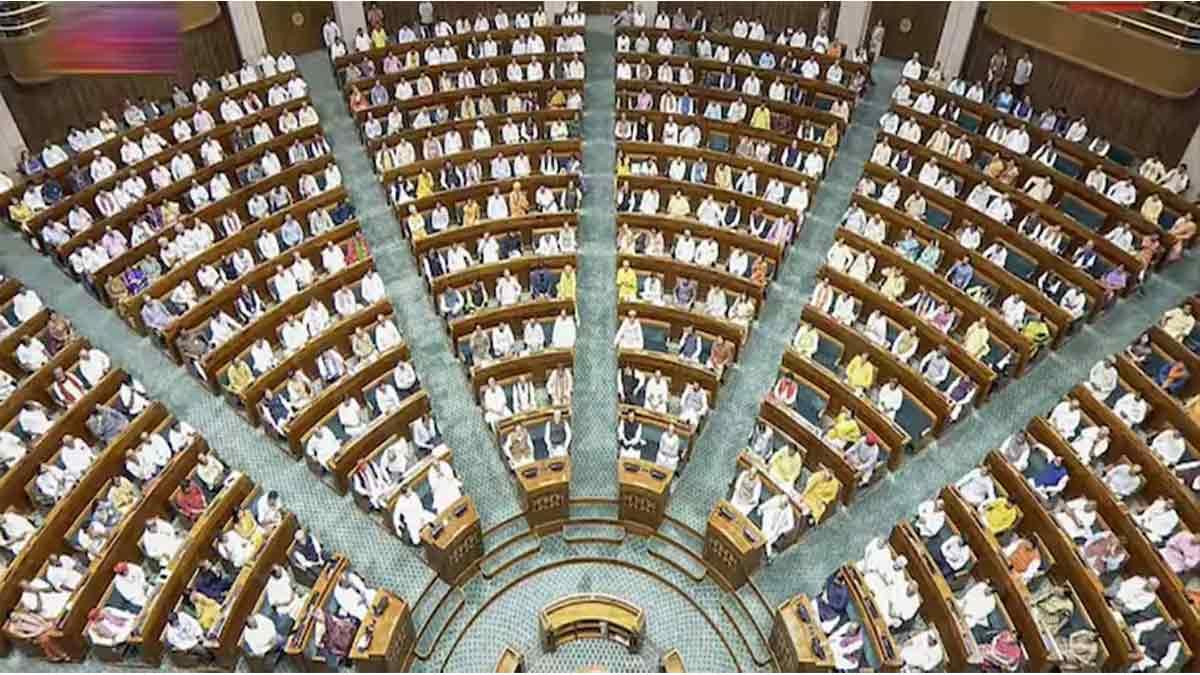The Waqf (Amendment) Bill 2024 has ignited hot public debate and attracted criticism from Opposition parties. Yet, this is not the first move to streamline the Waqf Act, 1995, as the UPA government in 2013 also proposed a similar amendment.
As per the Statement of Objects and Reasons of the Waqf (Amendment) Bill 2024, "comprehensive amendments were made in the Act in the year 2013."
Even with these reforms, the Bill says that further reforms are required to address issues like the powers of State Waqf Boards, registration and survey of waqf properties, eviction of encroachments, and even the definition of waqf.
The 2013 amendment followed recommendations of a High-Level Committee headed by Justice (Retired) Rajinder Sachar, and inputs made by the Joint Parliamentary Committee on Waqf and the Central Waqf Council, on the basis of detailed stakeholder consultations.
One important aspect of the 2024 Bill is the suggestion to rename the Waqf Act, 1995, to the Unified Waqf Management, Empowerment, Efficiency and Development Act, 1995.
The Bill also aims to provide a precise definition of “Waqf,” specifying that it can be declared by any individual practicing Islam for at least five years and owning the property in question. Additionally, it seeks to prevent Waqf-Alal-Aulad (family waqf) from infringing upon women’s inheritance rights.
Other notable provisions include:
The removal of clauses related to “Waqf by user.”
Granting the position of Survey Commissioner to the Collector or a Deputy Collector appointed by the Collector for the purpose of monitoring waqf property surveys.
Enlarging the structure of the Central Waqf Council and State Waqf Boards to provide representation for Muslim women and non-Muslims.
Granting independent Boards of Auqaf for Boharas and Aghakhanis.
One of the central goals of the amendment is to resolve issues of regulatory and administrative hurdles in handling waqf properties. By making procedures like registration simpler and utilizing technology for keeping records, the Bill intends to improve the effectiveness of Waqf Boards in India.
The Waqf (Amendment) Bill 2024 will be brought to the Lok Sabha on Wednesday. The ruling BJP and opposition parties such as the Congress and Samajwadi Party have given a whip to their MPs for the next three days in expectation of the discussion.
The discussion and potential enactment of the Bill are also being seen as a tactical moment for Prime Minister Narendra Modi and his administration, demonstrating the NDA's sheer numbers in the lower house.
Read also| Lok Sabha Erupts as SP Leads Opposition Protest Against Waqf Bill

